Nature reports
File: Weather impacts
Page 1 of 5 - 48 Results

The climate warmed up almost as quickly 56 million years ago as it is doing now. When a huge amount of CO2 entered the atmosphere in a short period of time, it led to large-scale forest fires and erosion. Mei Nelissen, PhD..
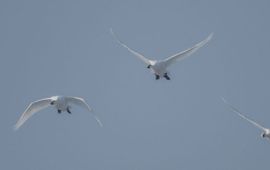
As climate change drives earlier spring conditions in the Arctic, birds species that travel there to breed are under pressure to migrate faster. Despite their remarkable ability to adapt, researchers warn that speeding up spring..
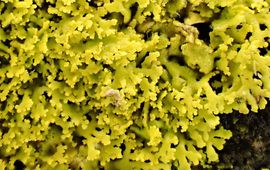
In city centers, lichens are becoming heavier. Thanks to the urban heat island effect, they adapt to higher temperatures by growing thicker than their counterparts outside the city. This remarkable phenomenon shows how even the..
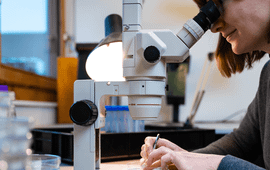
Can animal populations adapt to climate change by becoming genetically similar to more southerly populations? That is the question posed by ecologist Natalie van Dis. This knowledge could indicate which populations are most at..
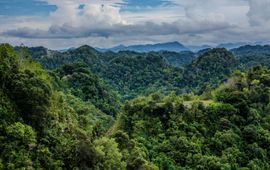
Over the past century, the growth of tropical trees has remained minimally affected by droughts. As a result, the rate of CO2 sequestration in tropical wood has been fairly stable. These are the main findings of a global study,..
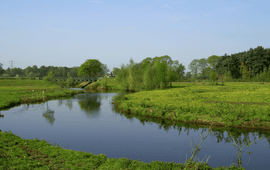
After a winter that was slightly drier than usual, the extremely dry spring is putting the Dutch water system under pressure. Groundwater levels have dropped significantly below the normal level for this time of year in many..
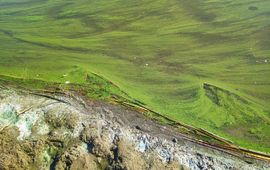
Every summer there they are again, blue-green algae. Why are they a problem, are they getting worse with climate change and what can we do about them? These are questions that over the past few years the Netherlands Institute of..
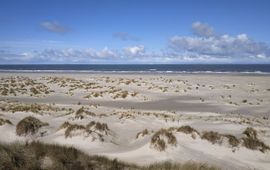
Dunes are considered to be essential for coastal protection. In countries like the Netherlands, where one third of the country is below sea-level, it is crucial to understand how they grow. Sand will play a role, of course, but..
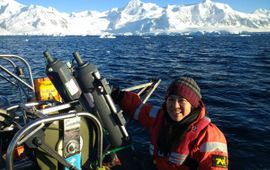
Bacteria and other single-celled microorganisms in the seas around Antarctica are strongly influenced by water temperature and the amount of sea ice. This is shown by coordinated measurements taken off the coast of the west..
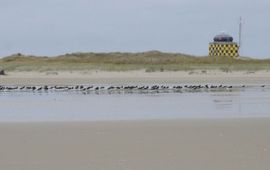
Oystercatchers will decline by 56 to 79 percent on three Wadden Islands over the next hundred years. This is according to results from James Cook University in Australia which continues on previous research by the Netherlands..
